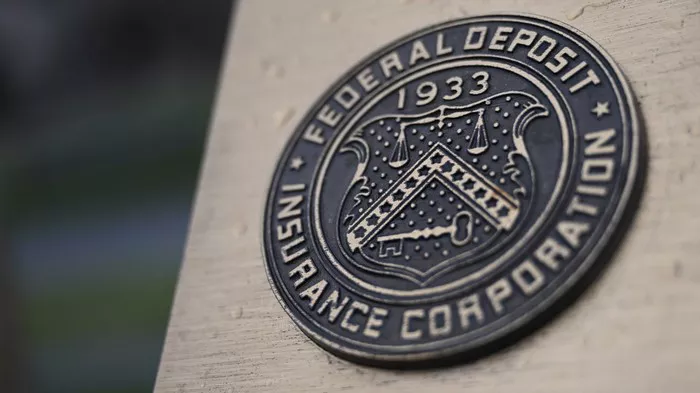Share certificates are financial instruments issued by credit unions and banks to individuals who invest money for a fixed period. They are essentially documents that represent a deposit made by an investor, with the promise of a return after a predetermined time frame. Share certificates typically offer higher interest rates compared to regular savings accounts, making them an attractive option for individuals looking to grow their savings.
FDIC Insurance Defined
The Federal Deposit Insurance Corporation (FDIC) is an independent agency of the United States government. Its primary function is to insure deposits in banks and thrift institutions, providing stability and confidence in the nation’s banking system. Established in 1933 in response to the widespread bank failures of the Great Depression, the FDIC plays a crucial role in safeguarding depositors’ funds.
FDIC Coverage for Share Certificates
When it comes to share certificates, the coverage depends on the type of institution issuing them. Share certificates offered by credit unions are typically insured by the National Credit Union Administration (NCUA), which functions similarly to the FDIC but is specific to credit unions. On the other hand, share certificates issued by banks are usually FDIC-insured up to the coverage limits mentioned earlier.
Risks and Considerations
While share certificates offer the potential for higher returns than traditional savings accounts, they also come with risks. One significant risk is the potential loss of principal if the issuing institution fails. It’s essential for investors to conduct thorough research on the financial institution before investing in share certificates and to fully understand the terms and conditions associated with them. Additionally, investors should be aware of early withdrawal penalties and any other potential fees.
Alternatives
For individuals seeking FDIC-insured investments but hesitant about the risks associated with share certificates, there are alternatives to consider. Traditional savings accounts, money market accounts, and certificates of deposit (CDs) are all viable options. Each has its own advantages and disadvantages, so investors should carefully evaluate their financial goals and risk tolerance before making a decision.
Conclusion
In conclusion, share certificates can be a valuable component of a diversified investment portfolio, offering the potential for higher returns than traditional savings accounts. However, it’s crucial for investors to understand the limitations of FDIC insurance coverage and the risks associated with share certificates. By conducting thorough research and considering alternative investment options, individuals can make informed decisions to safeguard their financial future. Understanding FDIC insurance coverage is essential when investing in share certificates or any other financial product, as it provides peace of mind and protection for depositors’ funds.


